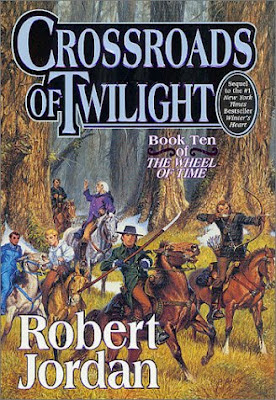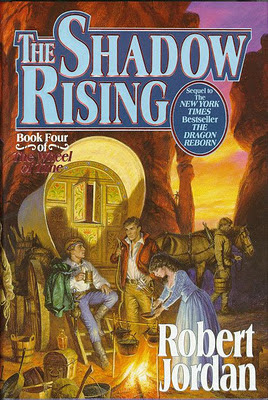Ultima Underworld - The Stygian Abyss

Ultima Underworld was and continues to be an inspiration as to how and why to make video games. I've played this as a kid, on a 386 PC computer, and was blown away. It featured simulated 3D with angles that were not straight and rooms of different heights. You could jump, use weapons in multiple ways (like jabbing or cutting with swords), there was discoverable magic, NPCs, interaction that went as far as having to learn a new language or play an instrument, numerous puzzles and an amazing story.
But that is not what made it great. You see, I am telling everyone I know that this was one of the games that defined my childhood and today I've read the Wikipedia article for the game and remembered all the history related to it and I realized that I needed to blog about it, too. What made this game great was that there was no need to make the game as good. Released in 1992, it only had to compete with Wolfenstein 3D which was released a few months after, anyway. At the time Civilisation and Dune II, Mortal Kombat and Street Fighter II were also amazing games, but none in the genre of Ultima Underworld. They could have worked less, released sooner and gained more money. But that's not what they did, they did something to be proud of and that is why the game was great.
At the bottom of this post I will place a YouTube video of gameplay. The synthesised sounds (no recorded sounds were used in the game) and music as well as the graphics will probably make you cringe now, but at the time, it was state of the art. Just hearing that music fills me with strong emotion that I can hardly realize from where it comes, but it is deep. Ultima Underworld has left its mark on me, but not only. Look at the litany of games their authors attributed influence to Stygian Abyss: BioShock, Gears of War, Elder Scrolls, Deus Ex, Vampire the Masquerade Bloodlines, Tomb Raider, Morrowind, World of Warcraft.
Amazingly enough, there was only a sequel to the game, Ultima Underworld II. The publishers refused to sponsor a third franchise and the developers ultimately decided to create a "spiritual successor", which was Arx Fatalis, also a great game. Younger people might only know Dark Messiah of Might and Magic, which has nothing to do with Might and Magic except financially, and is actually Arx Fatalis II. You can see even there that storyline and gameplay have suffered when a big corporate game company took the reigns, despite the high budget graphics and sounds.
I have voluntarily removed myself from the gaming scene. I've refused to upgrade my computer to a state where it can play any modern game and the only things I play are web games to pass the time between tasks at work. I am certain that even now there are exceptional people creating exceptional games that push the frontiers of technology, but more than that, the frontiers of imagination. I've heard of some of them: The Witcher, for example, a game made after a successful fantasy book series that features free play and allowing the character to be as bad, good or rotten as he wants, while the game shapes itself after his decisions. Look out for games like these. Even if you don't realize it, they will open your mind and your heart and will influence you to be better than you would otherwise be. They are not only games, but teachers. Love them!
There is a sentence hidden there inside the Ultima Underworld wiki page: the game is non-linear and allows for emergent gameplay. In other words, it let's you guide the story, change the game play, play multiple times with different outcomes. Embrace choice, it will only get better.
[youtube:TpuTbxkaZ94]













